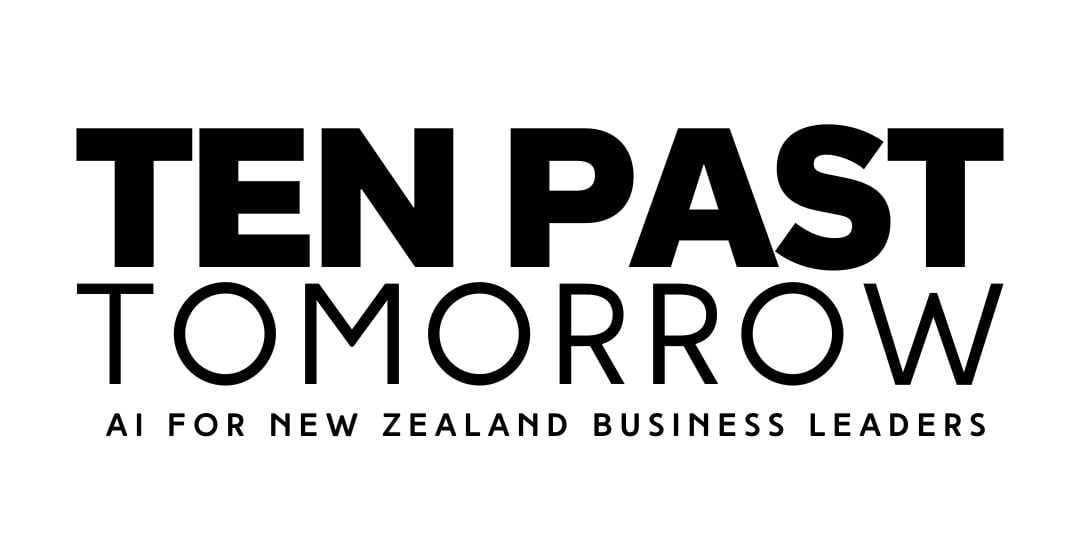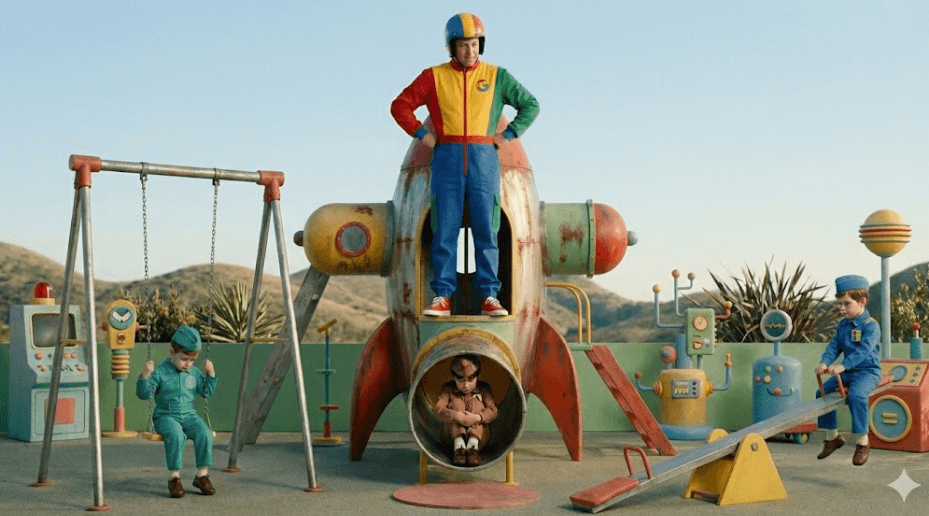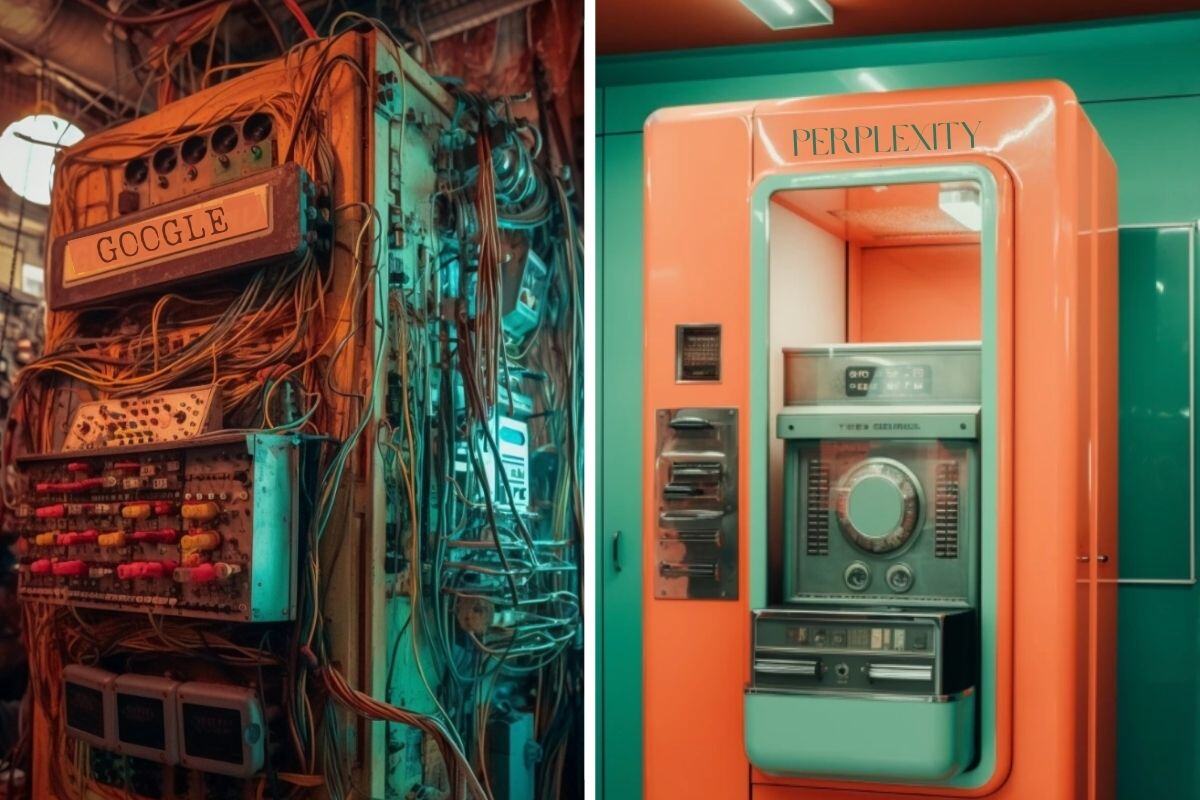AI Automation As Your Assistant Coach
For years already, businesses have been taking advantage of traditional software automation.
They have always been dumb, though, as anyone who has ever been caught in the washing machine cycle of an old-school chatbot over the past five or ten years can attest to.
Traditional automation was built on “if-then” rule systems. As in; the instructions hard coded into the backend of traditional software automations was something like… “if this thing happens, then do this other thing.”
Your CRM automatically adding a contact to an email list after they've downloaded an ebook? That's a typical and simple play from the old automation playbook. Efficient and powerful yes, but fundamentally limited.
We now have new, much more powerful and useful AI-driven automation at our fingertips.
AI automation is not just about following a set playbook and "if-then" rules; it's about analysing your data or content, infusing it with "thought" and "intelligence" in real-time and remixing the content to an entirely new output, on the fly.
The new breed of AI automation marries the efficiency of classic software automation with the incredible intelligence and personalisation capabilities that generative AI brings to the table.
I like to think of it this way… AI automation is to a business leader what an assistant coach is to a head coach in a sporting environment.
Keeping your eye on the game
In the world of professional sport, a great assistant coach is constantly running drills, analysing individual player stats, and managing team logistics.
It's not their role to develop overall strategy, scout new talent, or build team morale, but they play an essential role in driving the “engine room” of the team.
They keep things ticking over efficiently and productively, making sure the team can do what it needs to do when it really matters - on the field.
That's the reality for many business leaders dealing with the day-to-day operations in their companies… playing the role of assistant coach, when they should actually have the head coach's cap on their head and the clipboard in their hands.
Done correctly, AI automation handles routine tasks with speed and precision, allowing you to focus on the big picture.
Just as a good assistant coach frees the head coach to make strategic decisions about the overall game plan, AI automation frees business leaders to focus on growth strategies, innovation, and building a winning company culture.
AI automation is a tool to (finally) elevate your role from being a tactical operator, to being the strategic leader that you want to be and that your company needs.
Playing every position yourself
Let's consider a typical manual process in a NZ company…. a team laboriously inputting data, cross-referencing information from multiple sources, and compiling comprehensive reports.
Overseeing all of that is like trying to play every position on the field yourself... time-consuming, prone to errors, and frustrating.
The effort required is immense, and the time invested can often be better spent on strategic initiatives.
It's exhausting, inefficient, and limits your ability to respond quickly to changing market conditions - or in sporting terms - to the opposing team's surprise plays.
AI automation as a winning strategy
To continue the metaphor of AI automation as your assistant coach….
In a nutshell, AI automations ingest raw data, process it according to your company's unique IP, frameworks and data, and then generates new content in a form factor that’s completely new, different, and transformed from how that data or content first entered the automation.
But, here's the crucial part...
A good AI automation doesn't just mimic what we do as human’s when we’re doing the process manually; it enhances what we do.
And does it exponentially faster.
A truly great AI automation, when designed and built well, will incorporate your company’s “how we do it around here” recipe that you use in your manual processes, and weave that into the way the AI does it for you.
That’s evolutionary to how businesses do what they do.
By incorporating your company's proprietary playbook and processes into an automation, you ensures that the AI's output truly represents your best practices.
To ram the point home; AI automation isn't about replacing your human expertise; it's about amplifying it.
And for you as a leader, you're no longer just running drills; you're fine-tuning the game plan, bringing your experience and intuition to bear on the AI's insights.
When a great AI automation is in the game, the human's (be it an individual's, a team's, a department's or a whole company's) role evolves from data processor to strategic analyst.
Instead of spending hours on repetitive tasks, you and your team can focus on interpreting results, spotting trends, and making informed decisions.
 “Um, Bob, how do we tell him that the players don’t like his massages, to stick to coaching?”
“Um, Bob, how do we tell him that the players don’t like his massages, to stick to coaching?”
Choosing your assistant coach's responsibilities
At this point, people often ask… “what are the best processes that I should be automating?”
There isn’t a cookie-cutter answer to that question.
Partly because AI automation is so malleable that it can be applied to almost any process humans currently do manually.
And partly because not all business processes are created equal when it comes to AI automation potential.
Here's what to look for when deciding which tasks to delegate to your assistant coach...
1. Repetitive tasks or groups of tasks
2. Regular occurrence
3. Standardised, consistent steps
4. Large data/content volume involved
5. Prone to human error
6. Minimal complex decision-making required
7. Multiple software tools used
8. Time-consuming for employees
9. Data/content transformation process
A manual process doesn’t have to tick every one of those boxes to be considered a good candidate for AI automation, but the more boxes a process ticks, the better candidate it is.
It's about identifying which "drills" are best handled by your automation assistant, allowing you to focus on the aspects of your business that truly require things like human insight, wisdom, interpersonal skills and/or creativity.
A championship-winning partnership
The real magic of AI automation isn't in the tasks it can do, but in how it transforms the human roles and workflows in your business.
By handling the heavy lifting of routine processes, AI automations allow your teams to perform at their peak; focusing on innovation, strategy, and building strong relationships with clients and partners.
I think of it as like what happens when there’s a genuine synergy between a head coach and an assistant coach.
The AI automation handles the repetitive activities and the performance tracking, while you as the human focus on the big picture - developing winning strategies, nurturing talent, and ensuring your team is always performing at its best.
Leading your team to victory with AI
I have intentionally kept this article high-level and broad, because the journey from manual processes to AI-enhanced workflows can often seem daunting to many business leaders when they first start to consider them.
So rather than focus on sample use cases for AI automation, I’ve attempted to pay attention to the principles of why you should be deploying AI automations.
Once that understanding is in place about the why, then we can discuss the what and how of AI automations. (Shameless plug; if you feel you’re at that point already, reach out. This is exactly what I do).
Hey coach... it’s a new season and the opportunities for you and your team are wide open. It’s your year!
With AI automation as your assistant coach, there really is no limit to how far your business team can go.





%20(1).png)
